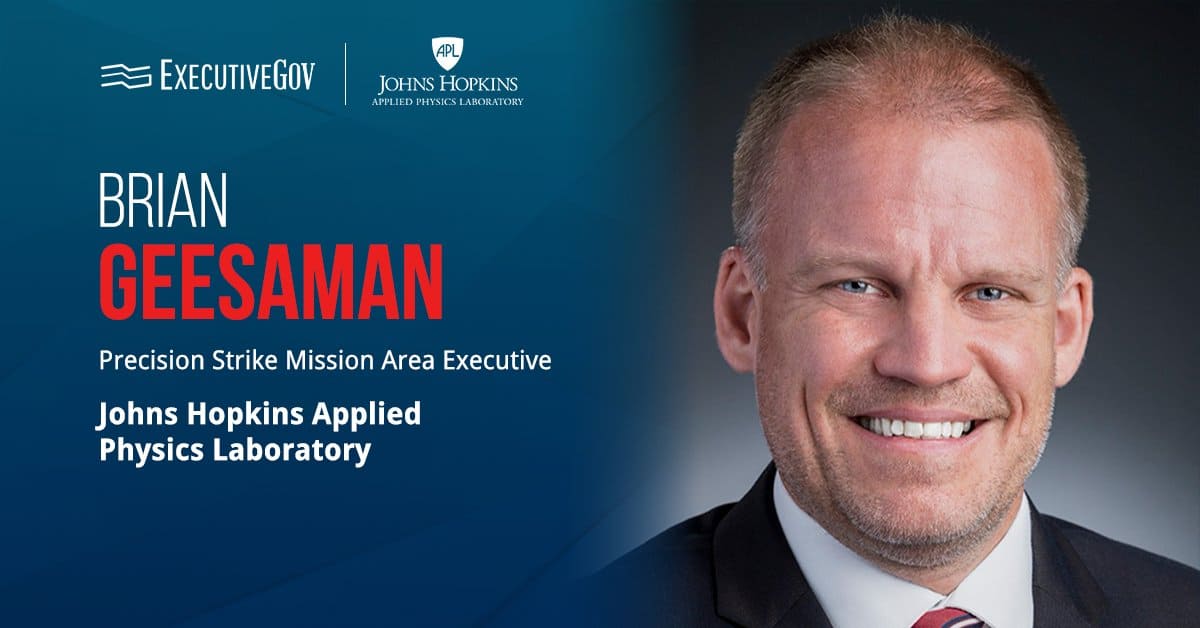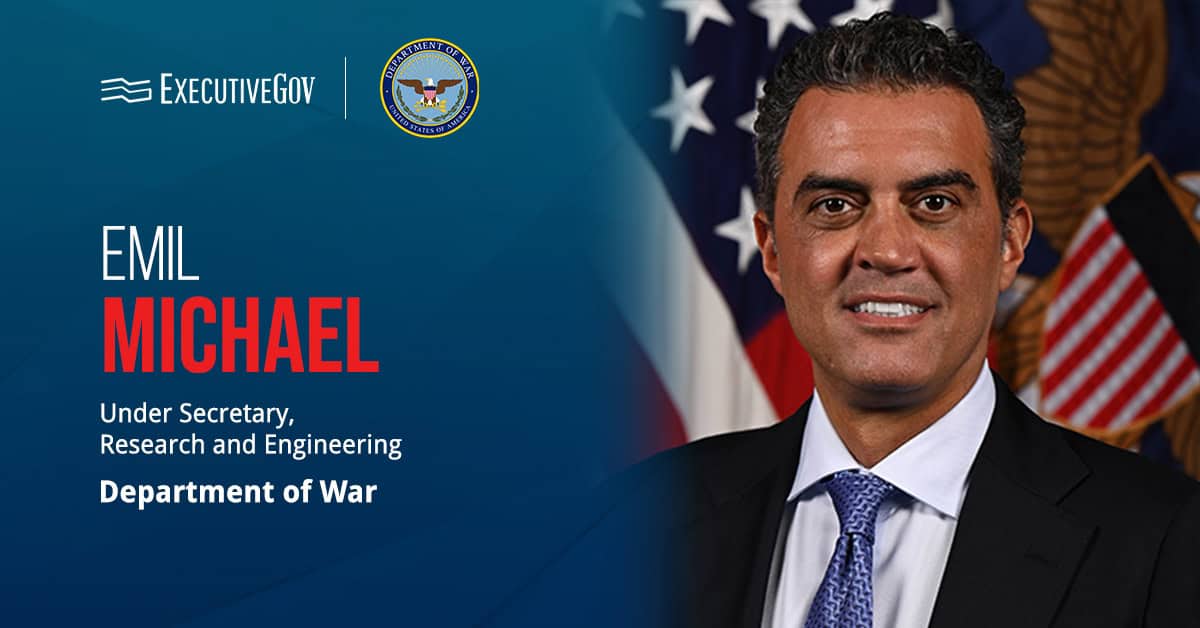The Department of Labor has announced a final rule that will increase the minimum wage of employees working on federal contracts to $15 per hour starting Jan. 30.
The final rule will apply to new federal contracts and extensions and renewals of existing contracts in accordance with President Biden’s executive order signed in April, the department said Monday.
The rule will also phase out the tipped minimum wage for federal contract workers by 2024, extend the new minimum pay to federal contract employees with disabilities and bring back minimum wage protections to guides and outfitters working on federal lands.
“The final rule adds value for taxpayers by boosting worker productivity and reducing employee turnover and absenteeism. It also allows federal contractors to retain top talent, and reduce recruiting and training costs,” said Jessica Looman, acting administrator of DOL’s wage and hour division.





